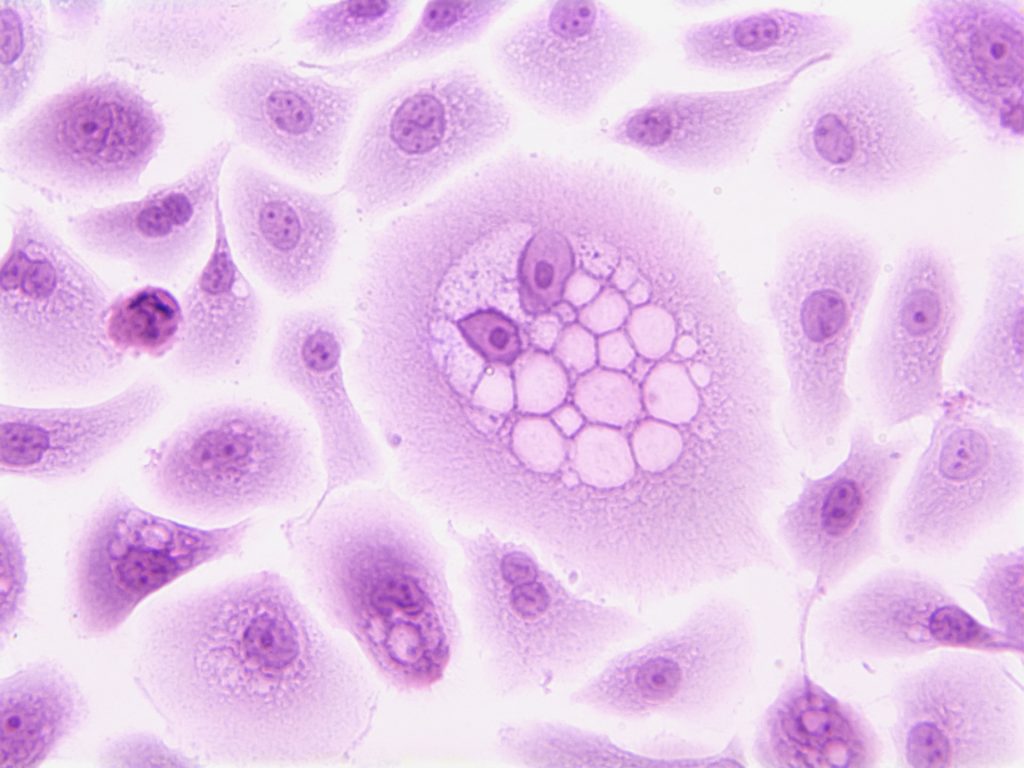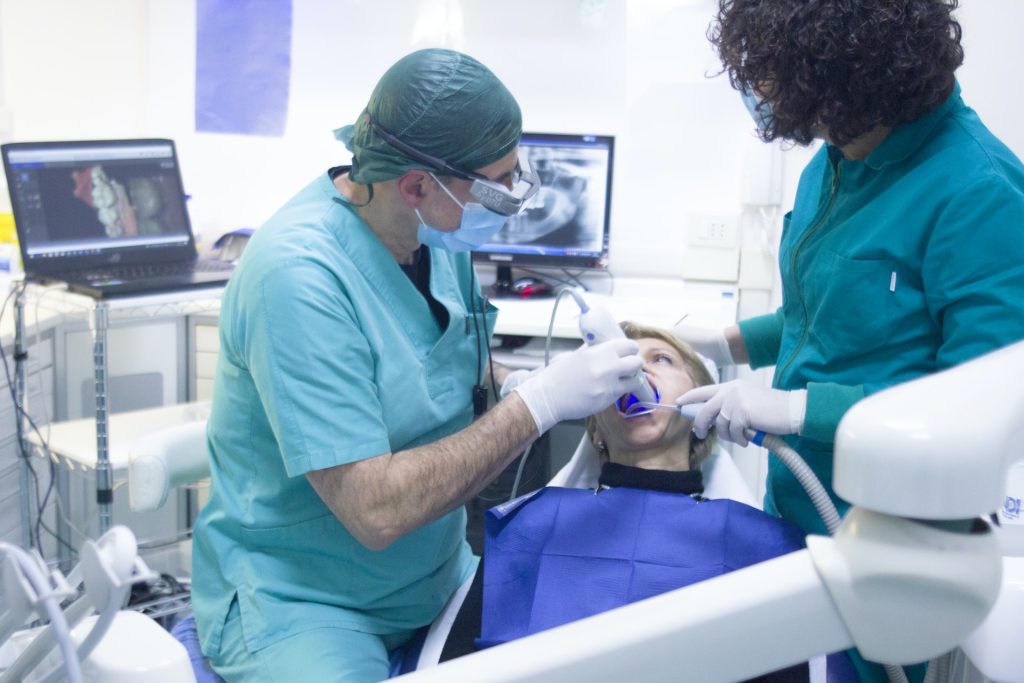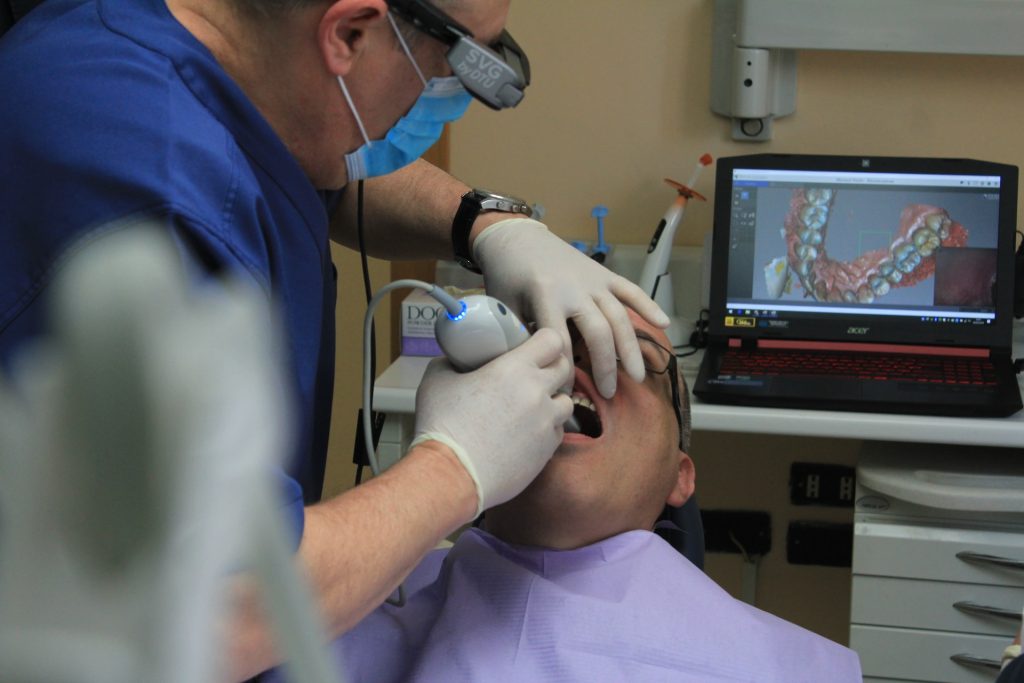Oral cancer is a serious and potentially life-threatening condition that affects millions of people worldwide. Detecting Mouth cancer in its early stages is vital for successful treatment outcomes. In this article, we will explore the early symptoms of oral cancer and provide detailed information to help you recognize the signs promptly. Remember, early intervention can greatly increase the chances of successful treatment and survival rates.
25 Mouth Cancer Causes and Early Symptoms

Oral cancer can manifest through various signs and symptoms. It is important to be aware of these indicators and seek medical attention if you experience any of the following:
1. Unexplained Mouth Sores
Mouth sores that do not heal within two weeks or reoccur without any known cause can be a warning sign of Mouth cancer. These sores may appear as red or white patches, or as ulcers that do not show signs of improvement.
2. Persistent Sore Throat
A persistent sore throat that lingers for an extended period, despite over-the-counter remedies or antibiotics, could indicate the presence of oral cancer. If you experience ongoing discomfort or pain in your throat, it’s essential to consult a healthcare professional.
3. Difficulty Swallowing
Difficulty in swallowing, known as dysphagia, can be an early symptom of Mouth cancer. If you find it challenging to swallow food or liquids, it is advisable to seek medical attention for an evaluation.
4. Changes in Voice
Hoarseness or a noticeable change in your voice can be an indication of oral cancer. If you have experienced persistent changes in your voice for more than two weeks, it is important to consult a healthcare provider.
5. Numbness or Pain
Persistent numbness or pain in the mouth, tongue, or lips can be early signs of Mouth cancer. These sensations may be present even without any visible sores or lesions.
6. Ear Pain
Unexplained pain or discomfort in the ear that persists can be associated with oral cancer. If you experience persistent ear pain without any other apparent cause, it is advisable to seek medical attention.
7. Lump or Thickening
The presence of a lump, bump, or thickening in the mouth, throat, or neck area should not be ignored. These abnormalities may indicate the presence of cancer and warrant further investigation by a healthcare professional.

8. Loose Teeth
Oral cancer can cause the loosening of teeth without any clear dental cause. If you notice unexplained tooth mobility or changes in your bite, it is essential to consult a dentist or oral healthcare professional.
9. Jaw Pain or Stiffness
Persistent pain or stiffness in the jaw can be a symptom of Mouth cancer. If you experience discomfort that lasts for an extended period or restricts your jaw movement, it is crucial to seek medical evaluation.
10. Unexplained Weight Loss
Unintentional weight loss without any apparent cause could be indicative of various health issues, including oral cancer. If you have experienced significant weight loss without changes in your diet or exercise routine, consult a healthcare provider.
11. Bleeding or Numbness
Unexplained bleeding or numbness in the mouth can be an early sign of oral cancer. If you notice blood while brushing your teeth or have areas of numbness in your oral cavity, it is advisable to seek medical attention.
12. Bad Breath
Chronic bad breath or an unexplained change in your breath odor can be a sign of cancer. If you experience persistent halitosis that does not improve with oral hygiene measures, consult a dentist or healthcare professional.
13. Changes in Denture Fit
If your dentures suddenly do not fit correctly or become uncomfortable, it could be an indication of underlying oral health issues, including cancer. Seeking professional dental evaluation is crucial in such cases.
14. Red or White Patches
The presence of red or white patches on the gums, tongue, or other areas of the mouth should not be ignored. These patches may be a warning sign of oral cancer and require prompt medical attention.
15. Swollen Lymph Nodes
Enlarged or swollen lymph nodes in the neck area can be an indicator of cancer. If you notice persistent swelling or lumps in your neck, it is important to consult a healthcare professional for further evaluation.

16. Changes in Taste
Oral cancer can affect your sense of taste. If you experience changes in your ability to taste food or beverages, it is advisable to seek medical attention to rule out any underlying health issues.
17. Fatigue and Weakness
Unexplained fatigue and weakness that persist despite adequate rest and nutrition can be symptoms of various health conditions, including cancer. If you experience persistent fatigue or weakness, consult a healthcare provider for evaluation.
18. Recurrent Oral Infections
Frequent or recurrent oral infections, such as thrush or gum infections, could be a sign of compromised oral health. These infections may be associated with oral cancer, and it is crucial to seek professional dental care.
19. Persistent Cough
A persistent cough that does not improve with common remedies may be a symptom of oral cancer. If you have a chronic cough that persists for more than two weeks, consult a healthcare professional for further evaluation.
20. Changes in Mouth Sensation
Alterations in your mouth sensation, such as tingling, numbness, or a feeling of something stuck in your throat, can be early signs of oral cancer. If you experience persistent changes in mouth sensation, seek medical attention.
21. Facial or Oral Swelling
Unexplained facial or oral swelling that lasts for an extended period can be a symptom of Cancer. If you notice persistent swelling in the face or oral cavity, it is crucial to consult a healthcare professional.
22. Difficulty Wearing Dentures
Oral cancer can cause difficulties in wearing dentures comfortably. If you experience sudden changes in your ability to wear dentures or notice discomfort while using them, seek a dental evaluation.
23. Chronic Sinus Congestion
Chronic sinus congestion that persists without any apparent cause may be associated with oral cancer. If you have ongoing nasal congestion that does not improve with standard remedies, consult a healthcare professional.

24. Eye Problems
Oral cancer can occasionally cause eye-related symptoms, such as blurred vision, double vision, or eye pain. If you experience unexplained eye problems alongside other oral health issues, seek medical attention.
25. Anxiety and Depression
A diagnosis or suspicion of oral cancer can lead to emotional distress, including anxiety and depression. It is essential to prioritize mental health and seek support from healthcare professionals or support groups if needed.
FAQs
Oral cancer can have multiple causes, including tobacco use (cigarettes, cigars, chewing tobacco), excessive alcohol consumption, human papillomavirus (HPV) infection, a weakened immune system, poor oral hygiene, and a family history of cancer.
While there is no foolproof way to prevent oral cancer, certain lifestyle choices can reduce your risk. These include avoiding tobacco products, limiting alcohol consumption, practicing good oral hygiene, getting vaccinated against HPV, and maintaining a healthy diet rich in fruits and vegetables.
The diagnosis of oral cancer typically involves a thorough examination by a healthcare professional, including a visual inspection of the oral cavity, neck, and throat. Biopsies, imaging tests (such as X-rays and CT scans), and other diagnostic procedures may also be performed to confirm the presence of cancer and determine its stage.
The treatment of oral cancer depends on various factors, such as the stage and location of the cancer, overall health, and individual preferences. Treatment options may include surgery, radiation therapy, chemotherapy, targeted therapy, or a combination of these approaches. Your healthcare team will develop a personalized treatment plan based on your specific needs.
The prognosis for oral cancer varies depending on the stage at diagnosis and other factors. Early detection and timely treatment significantly improve the chances of successful outcomes. However, it is important to note that oral cancer treatment outcomes vary from person to person, and regular follow-up care is essential to monitor for any recurrence or new developments.
Regular oral cancer screenings are recommended for early detection and prompt intervention. Consult with your dentist or healthcare provider to determine the appropriate screening schedule based on your individual risk factors and oral health history.
Conclusion
Recognizing the early symptoms of oral cancer is crucial for timely intervention and improved treatment outcomes. Take proactive steps to seek medical attention and increase your chances of successful recovery. If you experience any persistent symptoms or concerns, do not hesitate to consult a healthcare professional. Early detection saves lives.
































































